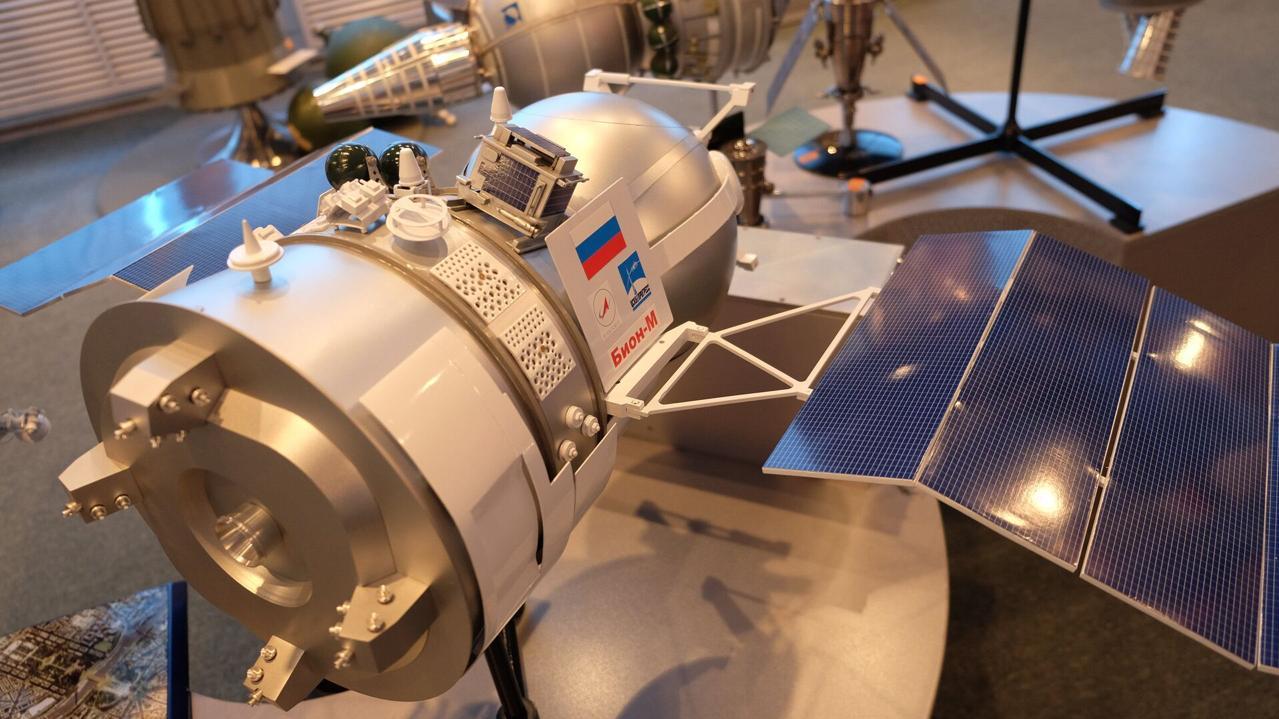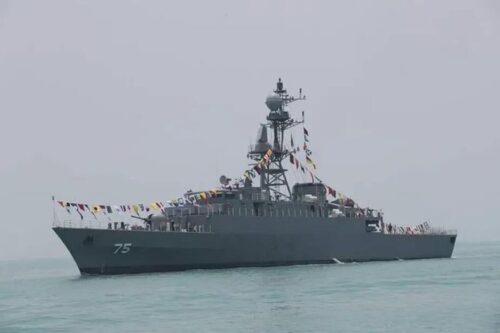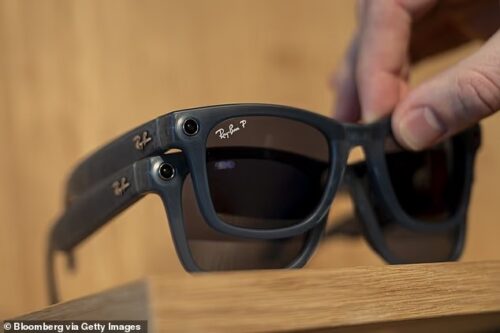
Russia launches satellite carrying 75 mice and 1,500 flies into space
A Soyuz-2.1b rocket carrying the Bion-M No.2 biological satellite has been launched from Russia’s Baikonur Cosmodrome, sending 75 mice and around 1,500 fruit flies into orbit, RIA Novosti reports.
The launch sequence lasted 9 minutes and 23 seconds. The Bion-M No.2 will be placed into a high-latitude orbit at an altitude of 370–380 kilometers, where radiation levels and geomagnetic conditions differ from traditional orbits inclined at 50–60 degrees. Scientists aim to study the biological safety of such an orbit. The mission is expected to last 30 days.
The satellite consists of a sealed reentry capsule equipped with scientific instruments both inside and outside, along with service and instrumentation modules, a separation system, and solar panels.
Between 1973 and 1996, Russia launched 11 Bion satellites carrying monkeys, rats, geckos, guppy fish, insects, and unicellular organisms. In 2013, the first modernized Bion-M satellite flew a 30-day mission carrying mice, gerbils, geckos, snails, crustaceans, fish, and various microorganisms. It was the first satellite in the series, and its flight also lasted 30 days.



